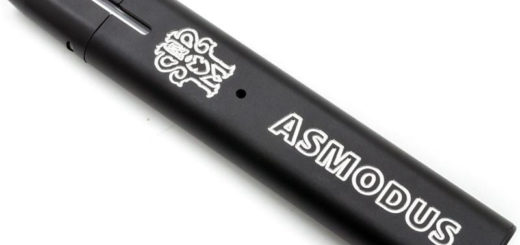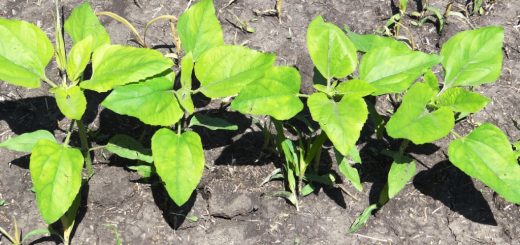Production of polypropylene bags
Polypropylene bags («») - an integral part of modern industry, for use in various industries, from food packaging to construction and agriculture. These multifunctional products are highly durable, resistance to moisture and chemicals, which makes them indispensable in modern production conditions.. Let's take a closer look at the production technology of polypropylene bags and their practical application..
Raw material base and extrusion
The production of polypropylene bags begins with the preparation of high-quality raw materials - polypropylene. This polymer is obtained as a result of the polymerization of propylene - a hydrocarbon gas, which is a by-product of oil and gas processing. Polypropylene has exceptional strength and resistance to mechanical and chemical stress.
The next step is extrusion, a process, in which the polypropylene mixture is heated and passed through special matrices, shaping the mixture into strands. These threads will be used later to create the basis of the bags..
Weaving process and lamination
The resulting threads are sent to the loom, where they intertwine in a characteristic pattern, forming the base of the bag. Depending on the purpose of the bag, fabric density may vary, which affects its strength and load capacity.
To give additional characteristics to the bag, such as barrier properties or UV resistance, lamination is carried out. This process consists in applying special films to the surface of the bag using high-tech methods..
Application and Sustainability
Polypropylene bags are widely used in various industries. In agriculture, they are used for packaging and storage of agricultural products., protecting it from moisture and damage. In industry, bags are widely used for transportation and packaging of various materials - from construction powders to food ingredients..
One of the important aspects of using polypropylene bags is their resistance to environmental influences.. Polypropylene - polymer, which is highly resistant to degradation by sunlight and moisture. This makes bags made of this material durable and reduces waste..
Innovation and Perspective
Modern industry does not stand still, and the production of polypropylene bags is also undergoing innovative changes. Introduction of new lamination methods, development of stronger and lighter materials, as well as improving the design of bags - all this is aimed at improving their functional characteristics and meeting market needs.
Bags are universal and irreplaceable products in modern industry and everyday life.. Their production technologies are constantly being improved., making bags more durable, functional and environmentally friendly. Due to its stability and versatility, they have been and will continue to be an indispensable component of our daily lives.



